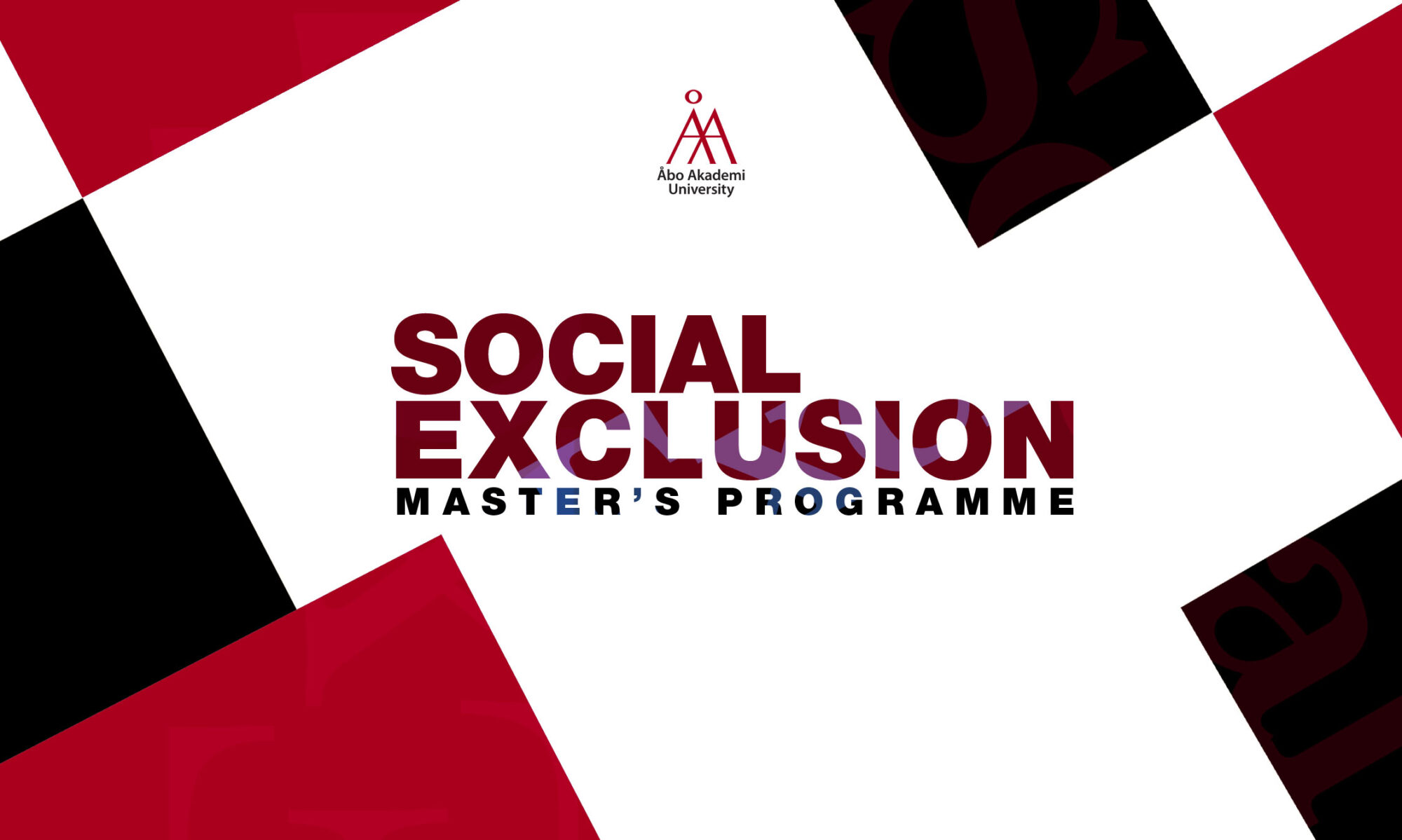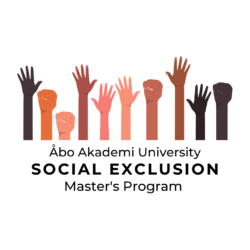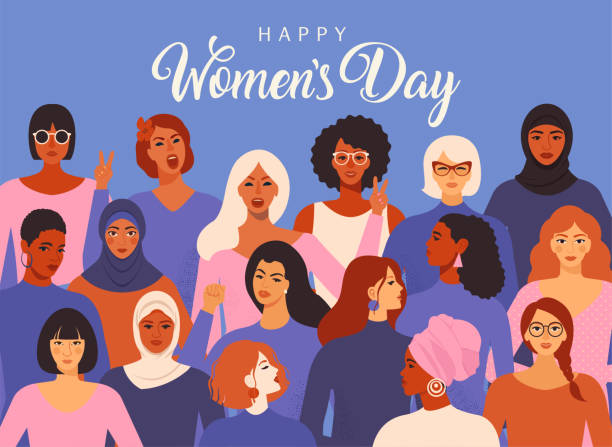Written by Tripura Oli

People from the Madhesi community, Source: Kathmandu Post
The scars of the Anglo – Nepal War
Historically, the discrimination against Madhesis can be traced back to the Anglo – Nepal war of 1814 -16 between Nepal and the East India Company[1]. It is believed that during the Anglo – Nepal war, some Madhesi rulers of the time took the side of the British East India company. This can be argued as the historical starting point of the structural discrimination against the Madhesi community. After that, Madhesis were perceived as a threat to national security and were prohibited from joining Nepal’s security forces. For example, during the Rana regime[2], Madhesi had to obtain written permission to enter the Capital, Kathmandu Valley[3].
From 1960 to 1990, as part of one of nation-building, the Hill dominant higher caste group of Nepal imposed its values and norms– its language (Nepali), religion (Hindu) and culture (hill ̳high caste male) – on the Nepalese society as a whole. The languages, cultures and religions of other groups were marginalized to the extent that some languages are at risk of extinction. This created soft borders for ethnic groups (Indigenous), religious minorities, particularly Madhesi people living in the southern plains of Nepal. This ideological border has prevented Madhesi communities from equal access and fully participating in administration and governance, decision-making, and policy planning.[4]
Although, in the past few decades, Nepal has undergone enormous social and political changes, and the Government of Nepal has actively and aggressively launched several programs to include and integrate its marginalized and oppressed ethnic groups like the Madhesi community through quota systems in social, political and economic aspects, [5] but Madhesi community are still bearing the scars of the Anglo – Nepal war[6]. For example, Madhesi representation in the security forces of Nepal is still negligible. At the same time, Madhesis make up over 30% of Nepal’s total population. Still, their presence in Nepal Police is only 2%, in Armed Police Force Nepal 5%, and Nepal Army 2%, which is hugely disproportionate considering their population.[7]
Incomplete Citizenship and Social Exclusion
The government’s responsibility is to ensure that all its citizens have equal access to resources and rights. When a citizen does not have equal access to services from the government, it is incomplete citizenship.[8] Therefore, it can be argued that Madhesis have incomplete citizenship in Nepal.
Social exclusion is a complex and multi-dimensional concept. It is both a ‘process’ and an outcome of a ‘process’ where individuals or groups are systematically isolated or prevented from participating in society, such as social, economic, and political-cultural spheres. The exclusion can be based on their gender, race, caste, ethnicity, sexual orientation, age, disabilities, language, culture, literacy, etc. As a result, the excluded may have lesser or no access to resources, legal protection and rights; thus, they may have reduced opportunities in society. [9] Therefore, social exclusion can be applied in the context of the Madhesi communities of Nepal as a section of society has difficulties in participating or exercising the same rights and access available to the dominant group of Nepal. To fully understand the social exclusion of the Madhesi community, it is necessary to discuss multiple dimensions of Madhesi marginalization and their interrelationships.
Impact of Social Exclusion
As the Madhesi community does not share the dominant group’s culture and language, they often suffer from linguistic-based exclusion regarding “access to information and participation in the public life”. They are excluded due to their own language’s lack of access to information. Due to the imposition of Nepali as the only language for teaching, the Madhesi people have been deprived of primary education in their mother tongue. Here, the Nepali language has become a barrier to equal access to education for Madhesi children who grow up speaking their mother tongue. As a result, a child belonging to the Madhesi community may underperform or fail in his formal education, leading to many other social exclusions in the society such as unemployment, unfavourable work conditions, lack of skills for the labour market, and subsequent poverty and ill health. [10]
Thus, there is a high possibility that an uneducated, unemployed, and in particular, a person belonging to linguistic minorities may have lower chances of coming out of poverty than the one from the dominant group. Moreover, the recruitment policies to the armed forces and bureaucracy made it very difficult for Madhesi youth to join security forces, administration, and governance. One of the barriers for Madhesi youth to join state organs is the requirement of Nepali language; significantly, for higher officer-level positions, proficiency in the Nepali language is a must. [11]
———————————————————————————————–
[1] Basnyat, P.S. (2017). Anglo-Nepal War: A Military Review.
[2] Period from 1846–1951 when the control of the government was in the hands autocratic Rana family
[3] Goait, J.K. (2007). History of Tarai in Nepal. Available at: https://madhesi.wordpress.com/2007/04/04/history-of-terai-in-nepal/ (Last accessed 19/032022).
[4] Singh, P. (2015). Understanding the Conflict & Inclusion issues of Madhesh. Available at: https://daayitwa.org/storage/archives/1582525302.pdf (Last accessed 20/03/2022).
[5] Gurung, O., Tamang, M.S., & Turin, M. (2014). Perspectives on social inclusion and exclusion in Nepal. Department of Sociology/Anthropology, Tribhuvan University, Nepal.
[6] Ibid
[7] Lal, C.K. (2015). Most Nepalis are Not Celebrating their New Constitution. Here’s Why. The Wire, External Affairs, South Asia.
Available at: https://thewire.in/external-affairs/most-nepalis-are-not-celebrating-their-new-constitution-heres-why (Last accessed 20/03/2022).
[8] Rehnberg, A. (forthcoming) Australia Has Never Felt as Far Away as Now: Australians In Finland And Social Exclusion During the COVID-19 Era
[9] Levitas, R., Pantazis, C., & Gordon, D. (2006). Poverty and Social Exclusion in Britain, Bristol, The Policy Press.
Levitas, R. (2005). The inclusive society?: Social exclusion and new labour. Palgrave Macmillan UK.
Silver, H. (2007). The process of social exclusion: the dynamics of an evolving concept. Brown University Providence, Rhode Island, USA
Sen, A. (2000). Social exclusion: concept, application and scrutiny. Social Development. Asian Development Bank.
[10] Gurung, O., Tamang, M.S., & Turin, M. (2014). Perspectives on social inclusion and exclusion in Nepal. Department of Sociology/Anthropology, Tribhuvan University, Nepal.
[11] Ibid







![Why I’m No Longer Talking to White People About Race: The Sunday Times Bestseller by [Reni Eddo-Lodge]](https://m.media-amazon.com/images/I/41aEzEzs7qL._SY346_.jpg)
